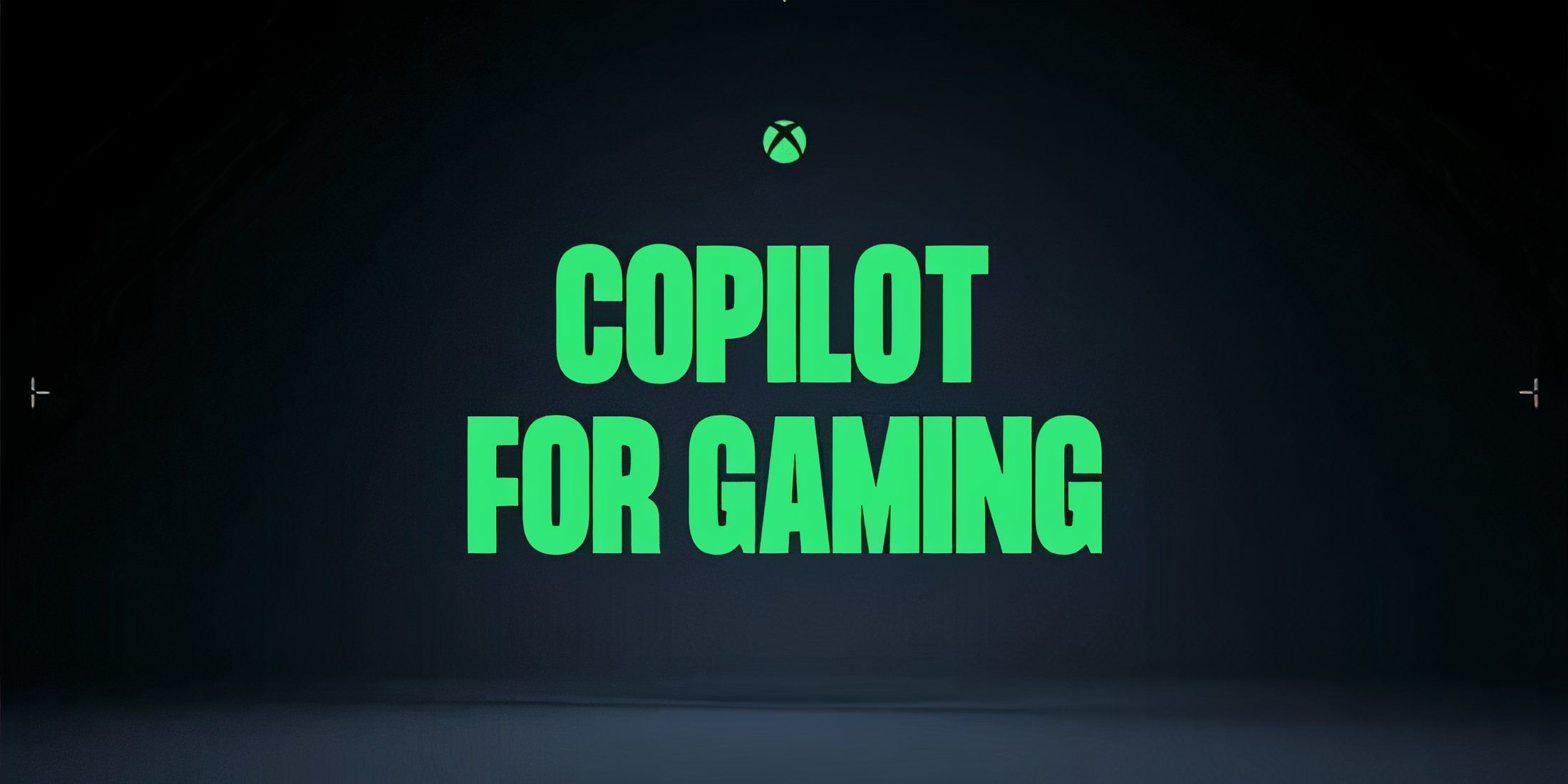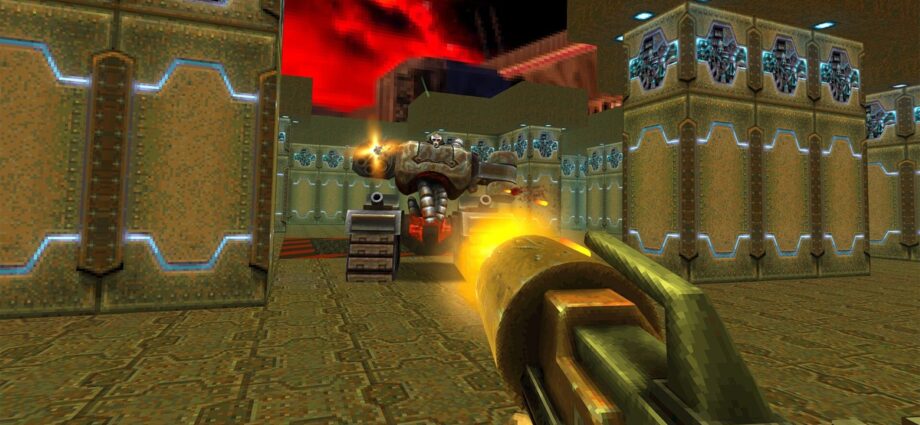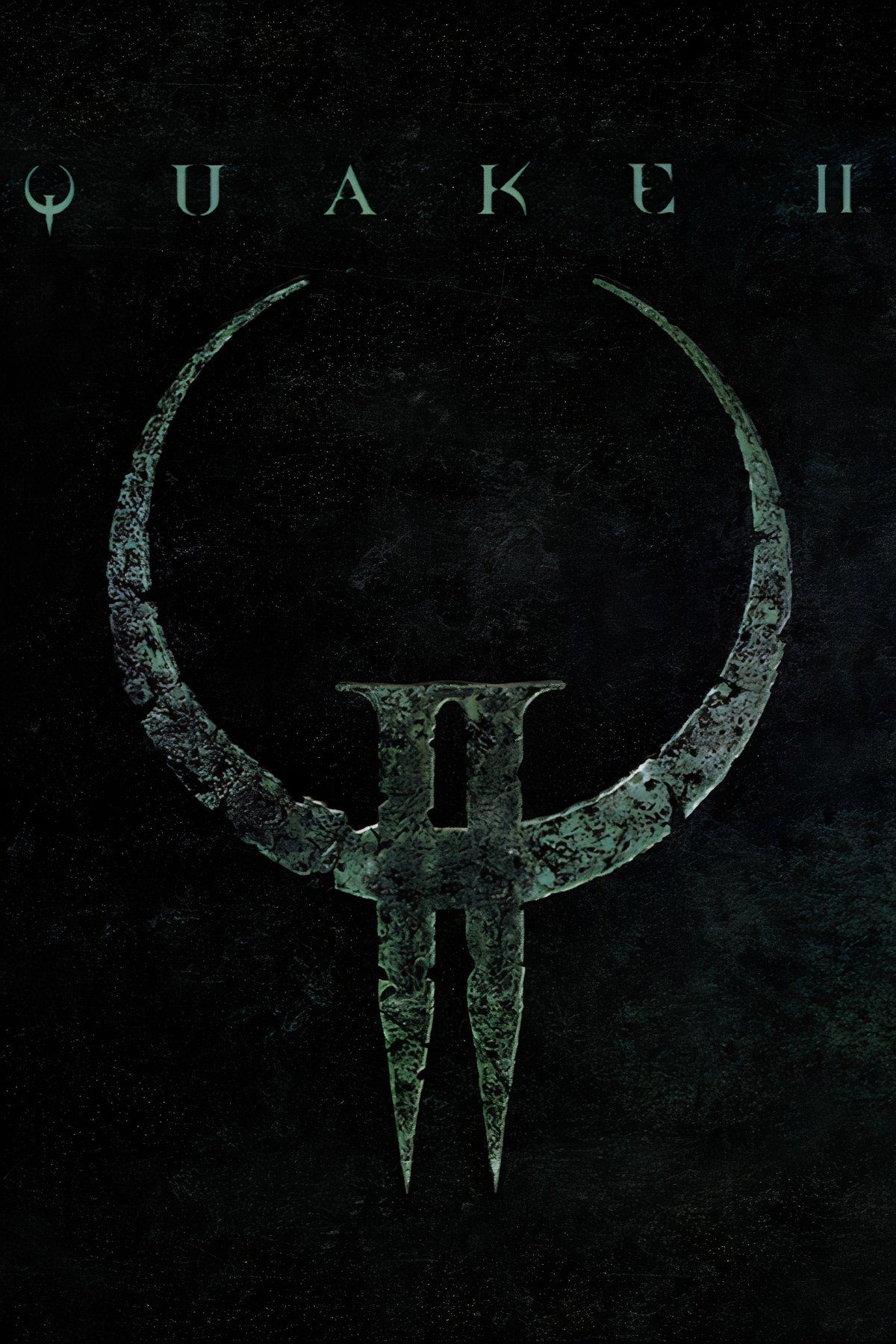Summary
- Microsoft released an AI-generated Quake 2 remake, sparking criticism from fans for poor performance.
- Fans pointed out low frame rates and flaws in the AI-generated content.
- Concerns arise over the use of AI in game development, with fears that it may jeopardize human developers’ jobs.
Microsoft has unveiled an AI-generated remake of Quake 2, and many fans have not taken kindly to the announcement. The use of generative AI in video games has only grown more contentious as it’s become more prominent, but some studios still remain bullish on the technology’s potential. Microsoft’s new Quake 2 project is the latest example of this disconnect between fans and companies.
When Microsoft first developed its game-generating model, Muse, Xbox cited how AI could revive old games, and now it has put that idea to the test. Its in-browser demo replicates the 1997 FPS classic Quake 2 entirely through AI. As excited as Microsoft may have been about the accomplishment, though, it seems fans were less impressed by the concept.

Related
Microsoft Copilot for Gaming Will Give You AI Help in Video Games
Microsoft debuts a gaming-centric version of its Copilot AI assistant, which can guide players by analyzing their gameplay in real time.
Microsoft launched the AI-generated Quake 2 demo on April 5, and fans were quick to criticize it on social media. Some called out how it offers no perceived advantage over playing the original game while consuming considerably more energy. Others called it out for the potential long-term implications for human developers. While this specific instance is just a tech demo, Microsoft CEO Satya Nadella has said Muse could generate entire games in the future, which some fear may put dev jobs at risk.
Fans Criticize Microsoft’s AI Quake 2 Demo for Poor Performance and Developer Impact
Many responses pointed out how the AI-generated remake seemingly ran worse than the decades-old original. Fans highlighted low frame rates and smearing between frames that give it away as a clearly AI-generated piece of content. Others suggested that it doesn’t represent a technological step forward, either, as generating something based on the original Quake 2 code still requires someone to have made the game manually in the first place. Most of the replies echo a similar sentiment that’s existed across previous controversies over AI in gaming. Even industry professionals like Baldur’s Gate 3 actor Samantha Béart have said generative AI will “ruin” studios’ reputations, but companies will use it anyway to save money.
Where Microsoft will take Muse from here remains uncertain. It’s not the only company that has experimented with generating game sequences or assets with AI, either. Earlier this year, Capcom announced it was testing AI in development, although its approach seems more focused on helping devs get inspiration rather than doing asset-creation work for them. If one thing is certain, though, it’s that many fans are less than enthusiastic about the concept of AI-generated games.

